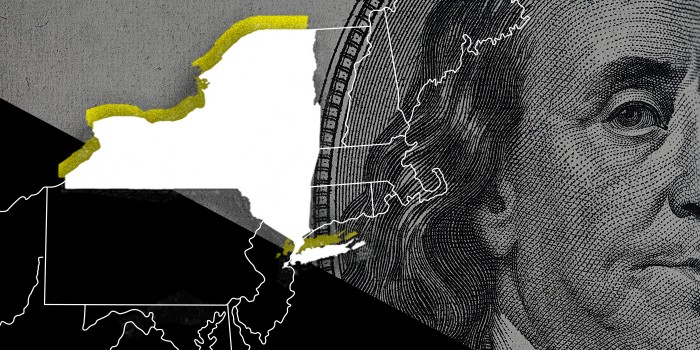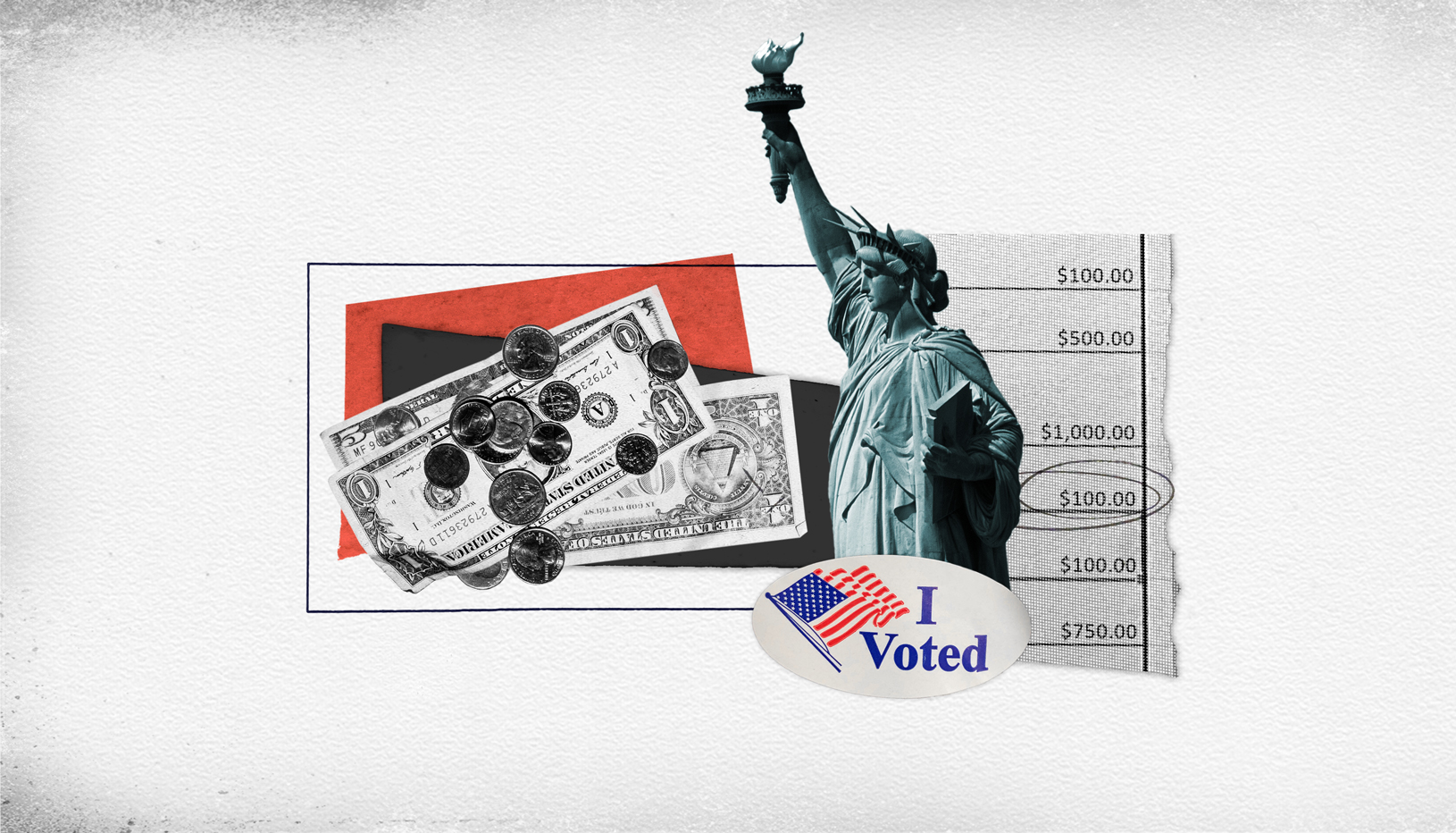There is a growing disconnect between elected officials and the majority of people they represent. Part of the blame lies with a campaign finance system that unfairly stacks the deck in favor of the few donors able to give large contributions. Citizens United and other court rulings ended decades of commonsense campaign finance laws. Now a handful of wealthy special interests dominate political funding, often through super PACs and shadowy nonprofits that shield donors’ identities.
Brennan Center for Justice has pioneered the most effective and promising solution to the problem of big money in politics: small donor public financing, a system in which public funds match and multiply small donations. New York City’s multiple match system, in which a $50 donation generates a total of $350 for the candidate, has helped reduce the influence of special interests and empower average voters, and the idea is gaining traction across the country.
It’s easy to see why. Small donor public financing incentivizes candidates to seek out many supporters, not just a few big donors. It enables more candidates from diverse backgrounds to run and it amplifies the voices of regular people. Designed right, small donor public financing also permits candidates to raise and spend what they need to compete in the super PAC era, should they choose to opt in. And, because it doesn’t restrict political spending, it stands up to the current Supreme Court’s requirements.
Other approaches to public campaign financing include voucher systems, where citizens receive certain amounts in public funds they can direct to their preferred candidates. Tax credits for small campaign donations are another way to encourage more people to participate.










